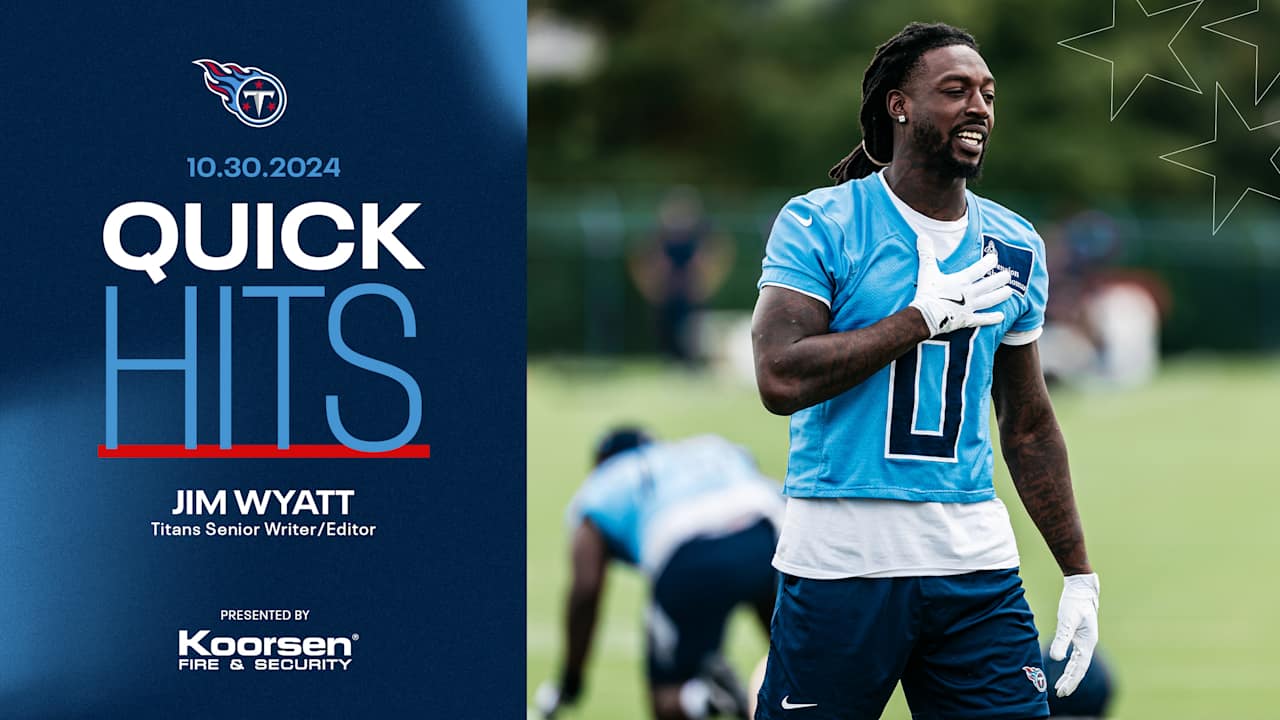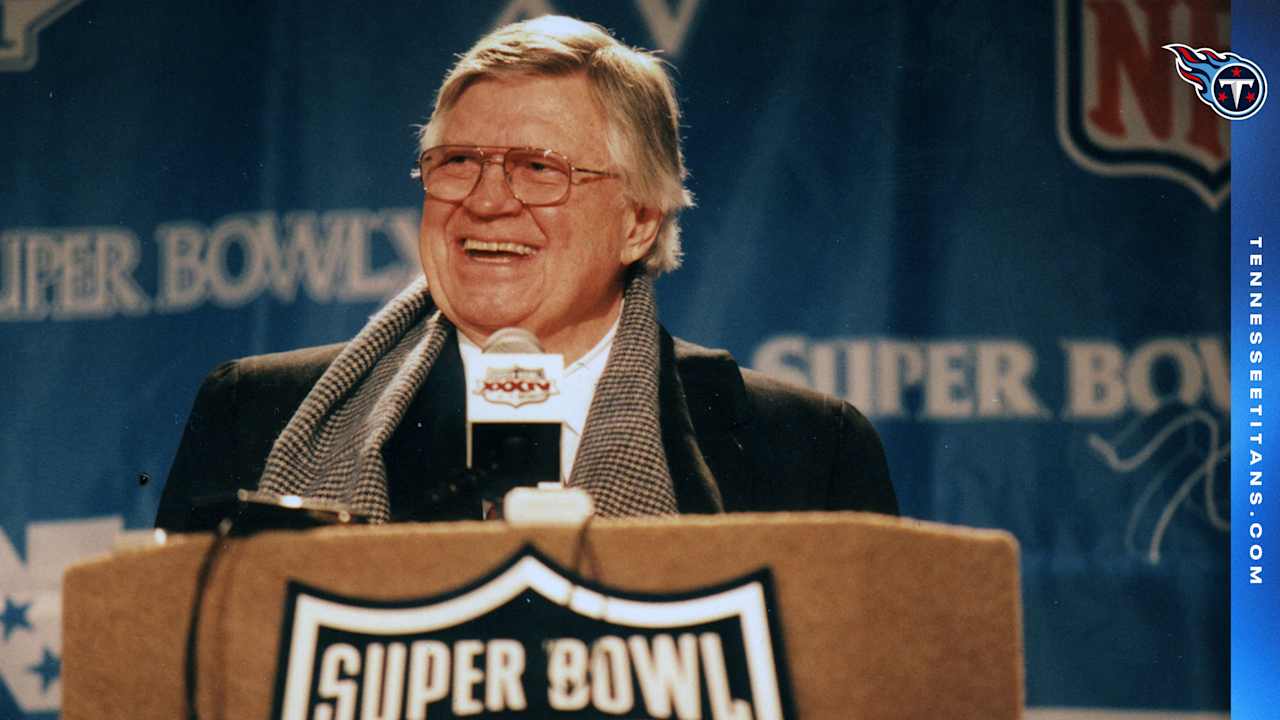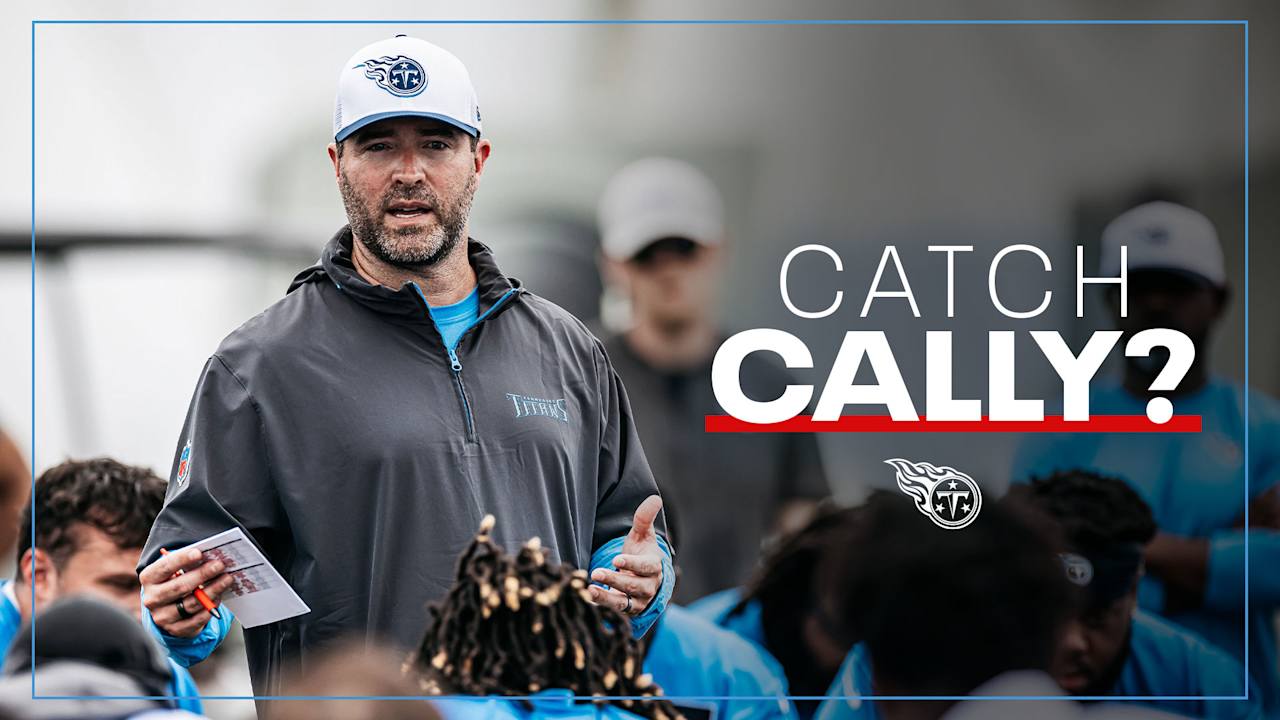When it comes to the Venn Diagram of rock and avant-garde classical, few figures can honestly claim trailblazer status within that sliver of shared space. But there are few humans like John Cale.
Born in a Welsh mining village during World War II, Cale eventually found his way New York City, where he helped turned classical ideals upside down as part of La Monte Young’s Theater of Eternal Music, before more or less inventing underground rock alongside Lou Reed in the Velvet Underground. Since then, his solo career has touched on everything from baroque pop to ferocious rock to moody electronica to modern classical. Hell, his production credits alone would make him a legend, having helmed pioneering efforts from The Stooges, Nico, Patti Smith, Squeeze, Alejandro Escovedo and more.
Now in Los Angeles after living much of his adult life in New York City, Cale has no interest in slowing down. On Friday (Jan. 20), less than two months ahead of his 81st birthday, Cale releases his new album, Mercy. It’s 12 tracks of enigmatic electronic soundscapes presided over by his resonant voice, which is alternately warm and harrowing as he welcomes an eclectic group of next-generation indie artists to collaborate with him — including Laurel Halo, Animal Collective, Weyes Blood, Actress, Sylvan Esso, Fat White Family, Dev Hynes and Tei Shi.
Speaking to Billboard ahead of Mercy’s release, Cale talks about what excites him now (Earl Sweatshirt, Tyler the Creator), the Bowie/Cale collab that never happened, the man who heckled him during a drone concert and why “irritating” music is important.
There are a lot of interesting collaborations on Mercy. How did those come about – were these artists fans of yours who reached out, or just folks who ran in the same circles?
What happened was I put on a bunch of Velvet Underground 50th anniversary concerts in Europe and the U.S. [in 2017] and I got to know them that way. We all have a certain character; Fat White Family, for instance, are a rambunctious group of musicians and they come at you from all sorts of angles. That makes them fun to work with. I like the edge they had on the verses [on the Mercy track “The Legal Status of Ice”]. Animal Collective are a very funny group and they fit this particular song, “Everlasting Days,” because of all the harmonies they have. They’re not quite as off as Fat White but I still enjoy them. Their multiple harmonies — I love the Beach Boys, so I’m bought and sold there. They’re unorthodox in the best possible way.
Were these collaborations primarily in person, or via email?
They were in person. The way it happened, I’d written the songs and finished them before I went on tour. When I was on tour, I was hoping some work could be done in the studio for me to finish the album when I got back. And the pandemic happened. Unpleasant situation. Very strange. I thought, “Well, that really screws up my recording plans,” so I listened to all the songs and wondered who I could get to add their style and singing.
Weyes Blood [on “Story of Blood”] is definitely a very passionate and deep vocalist. With Sylvan Esso and “Time Stands Still,” Amelia [Meath] and Nick [Sanborn] were in L.A. at the time. I love their harmonies and rhythm sensibility, so we had them come in. It’s a perfect example of serendipity and I couldn’t be happier with the results.
The song “I Know You’re Happy” featuring Tei Shi stood out from the rest of Mercy. Not only does it feature guitar as compared to electronics, but it’s a bit more upbeat. It even ends with a laugh.
I wanted to be a tribute to the duet style of Motown, Marvin [Gaye] and Tammi [Terrell] — and I called Dev Hynes [who plays guitar on the song] and he suggested Tei Shi, and she was perfect. She has a phenomenal voice and a range to go with it. It’s a relaxed vibe, but she has this great spirit about her performances.
You seem to pay attention to a lot of new music, whereas many people hit a certain age and just stick with listening to what they grew up with. What do you attribute that curiosity to?
Keeps me sane, actually. I had all the Snoop, Eminem and Dre addictions, and then when things started moving and shifting, it was to Earl Sweatshirt, Tyler the Creator and Vince Staples, and eventually a masterful poet like Kendrick Lamar. Hiatus Kaiyote, who I ran into in Australia, have phenomenal vocals. The ability in that band — there’s only three-to-four people in it, but it’s outstanding. It’s the orthodoxy I try to stay away from. If they’re making mistakes, I take them as a style issue. There have always been people that made something excellent and exciting out of mistakes.
When looking at today’s alternative music scene, how do you think it compares to the scene you came up with in New York City in the ‘60s, whether with the Velvet Underground of the Theater of Eternal Music with La Monte Young?
I blame it all on them. That’s exactly what was going on. We were really annoying to a lot of people – I’m talking about the VU. The avant-garde in New York was annoying, and got on a lot of people’s nerves, especially the classicists. If you run into any ‘60s avant-garde or whatever, if you go to a concert, you get yelled at. I remember La Monte – we did a concert at Rutgers, a 90-minute drone thing – and somebody in the audience at the end of the performance yelled, “You should be ashamed of yourself, La Monte.” And I thought, “What a weird notion to have in an avant-garde concert.” He wasn’t fazed at all. He said, “So should you be!”
We were very happy, because we knew we were in the right aisle of the supermarket. A lot of that was serious – the guys with La Monte and Andy [Warhol], they all had an edge to them. They were persuasive, or if not persuasive, then persistent. You had to get something unusual out of your music or nobody really cared. I’m not saying your concert has to be headache-producing, but it has to be restless and irritating. What are you worth if you’re not irritating people? Nowadays, there’s a lot of people in Washington doing that very well.
Do you think that’s still true for NYC — that it’s a city that can foster artists making “irritating” music?
Yeah, sure. New York has its thing. Nobody is going to take that away from it. In the ‘60s, that was the time for cultural revolution, with the art, painting and music; it all went together. It’s taken a while for it to come around again, but it will always be there – they’re really persistent and I’m glad of that.
With the internet, do you think it’s easier for outside-the-box artists today?
In a way yes, but in another sense, people don’t really appreciate it. They have to fight for it. It’s a strange position to be in. All those people in La Monte’s groups, they really had to fight for what they wanted. With La Monte, it was the dark corners of the room they would insist illuminating. I respect him for it.
Do you keep in touch with him?
I saw him about a year ago. He pops up every once in a while; we run into each other. He’s a funny guy. It’s the Mormon background that keeps him alive.
I know at one point you and him had a disagreement over authorship on the Theater of Eternal Music’s recordings. Is that over?
It’s water under the bridge. He had a party the other day and had a big orchestral idea for it. He’s moving on.
The ”Night Crawling” video has a great animation of you and David Bowie prowling around NYC in the late ‘70s. Why did you go with that?
That’s just something I wanted to remember. I wanted to pay tribute to David Bowie. You run into people sometimes and you really want to work with them, but you suddenly find yourself out of time and you have this great feeling of the sensationalism of the possibilities. David appeared on the scene, and I was doing a concert in Town Hall. I said, “If you’d like to join in on ‘Sabotage,’ I’ll show you how to play the viola.” And he was more than happy. Then he had to leave town and do his own touring. I was disappointed.
Life gets in the way. So this video looks back on him, while another Mercy song is titled “Moonstruck (Nico’s Song).” Did that start out as a tribute to her?
No, it didn’t. It bothered me because I knew the song reminded me of someone, but I wasn’t sure who until I finished the track – then it was obvious it was Nico I was talking about. And it was with a lot of affection.
The Marble Index, her 1968 solo album which you produced, is one of my personal favorites.
I think historically with her songs, over time, they’ve gotten better. People are purely listening to them. They’re not there to hear what they imagine was a Velvet Underground idea – it wasn’t. She was doing what Jim Morrison told her to do – sit down, write your words on paper, and then put it to music. And then you have a catalog of what you’re doing, and people can come back to your music. And I think that’s happened.
She came out of her shell. She would sit with her harmonium and notebooks and sooner or later you’d have another song. It was always surprising to me. In the albums, there was always one song that was really a childlike song. Between one album and the other, you’d find something quiet and irresistible about her melodies.
The title, Mercy, reminds me of your 1974 album, Fear, both of which are rather big concepts. Why did you want to make an album addressing mercy?
I think I stayed away from it. I paid attention to it and paid tribute to it, but I didn’t linger on it. I stayed away from the liturgical, religious side of the topic.
Yes, but there are religious overtones on the “Story of Blood” video.
Yes. “Story of Blood” was kind of a gargoyle of songwriting methodology. Boy, was that a good sentence or what? I managed to hold hands with the rest of the album beyond the first song, “Mercy.”
This is a random question, but I noticed your 1984 album on Ze Records, Caribbean Sunset, isn’t on Spotify. Is that by choice?
No — I’m glad you brought it up, I’ll research it. Michael [Zilkha, Ze Records co-founder] is a lot of fun – a bit of a giggle.
You have a studio in Los Angeles and have lived in America for years. What is it like when you get back to Wales, where you were born?
It’s always a surprise. Most of the time when I go to Wales and perform, they’re moving and shifting around. The young musicians from there are really good. I just did a concert there with Welsh Sinfonia [Sinfonia Cymru] and they were really good. They paid attention to everything going on. I was impressed with how they got the music to talk back to them.
It must have changed a lot since you were living in Wales.
I tried to have a rock n’ roll band in Wales and it didn’t work. It was kind of depressing. I decided the avant-garde was a better bet, and when I got to London, they were just as annoyed with the music I was interested in as the people in Wales. There are these cracks in the musical sphere that are really the result of people trying to make up your mind for you. [These days] they have a lot of very accomplished composers in Wales and I was really impressed. They have a stream of young composers that put their mind to what they want to do and it’s working.






